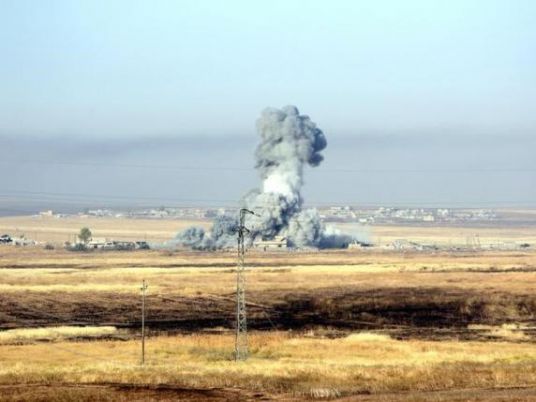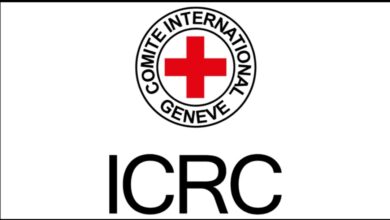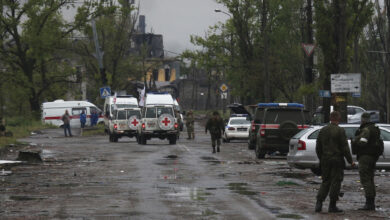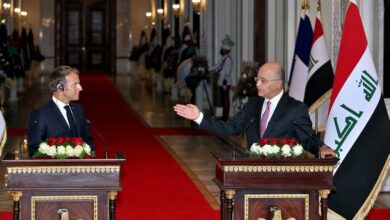
Up to 1 million people could be driven from their homes in northern Iraq soon as fighting intensifies in a government offensive to retake Mosul from Islamic State, the International Committee of the Red Cross (ICRC) said on Friday.
US-backed Iraqi forces have stepped up their campaign against Islamic State militants in an expected push on Mosul, Iraq's second largest city and the militants' biggest bastion, later this year.
"Up to a million more people could be forced to flee their homes in Iraq in the coming weeks and months, posing a massive humanitarian problem for the country," the Geneva-based ICRC said in an statement.
It said 10 million Iraqis already require assistance, including more than 3 million internally displaced (IDPs) – about one-tenth of the population, and that their numbers could swell with fresh uprooting.
Robert Mardini, ICRC regional director for the Near and Middle East, said the aid agency had drawn up contingency plans to pre-position food, medicines and other supplies under several possible scenarios.
An estimated 3 million people live under Islamic State rule in Iraq, he said. Mosul has 1.2-1.4 million, while another 825,000 live in the Nineveh plain and provinces of Kirkuk and Salahuddin, and 250,000 are in Anbar province, he said.
"Be it a massive influx of IDPs out of Mosul city toward the south, or the civilian population being caught up in the fighting inside Mosul, we will try to develop a meaningful humanitarian response that will address needs wherever they are," Mardini told reporters.
As Iraqi authorities screen people on the run, they must ensure civilians are well-treated, he said. Those detained and investigated for possible links to Islamic State must still be allowed to contact their families.
ICRC officials have visited 33,000 people held in Iraqi detention centers so far this year, but has no contact with Islamic State, Mardini said.
'Management of the dead'
Suicide bombings in Baghdad, claimed by Islamic State, and other cities in July have killed hundreds, overwhelming morgues, Mardini said. "The management of the dead is pushing the country's limited forensic capacity to the bring of collapse," he said, speaking on return from a three-day trip to Iraq.
"The medical legal institute in Baghdad has a capacity to store 150 dead bodies; today they have within their premises 1,000 dead bodies. So you can imagine under temperatures over 50 degrees Celsius what the challenge looks like."
The ICRC is seeking a further 17.1 million Swiss francs for its program in Iraq, its third largest worldwide, which would bring its budget for the country to 137 million Swiss francs (US$140.28 million).




